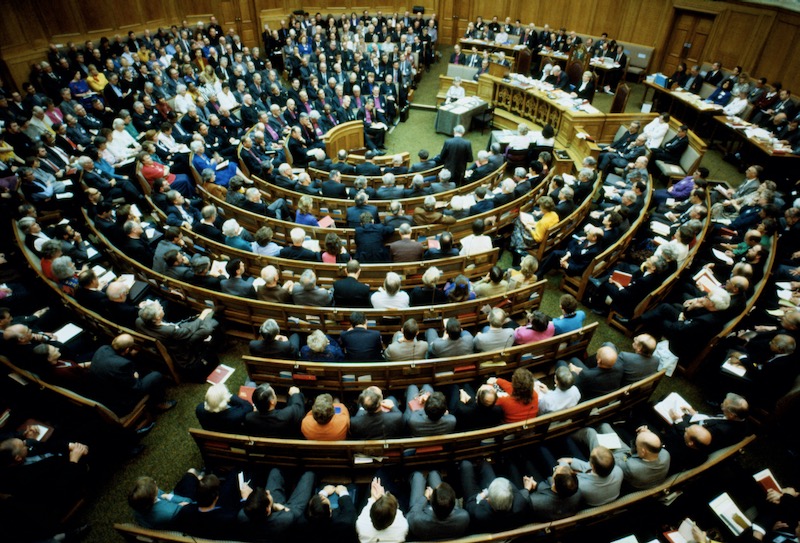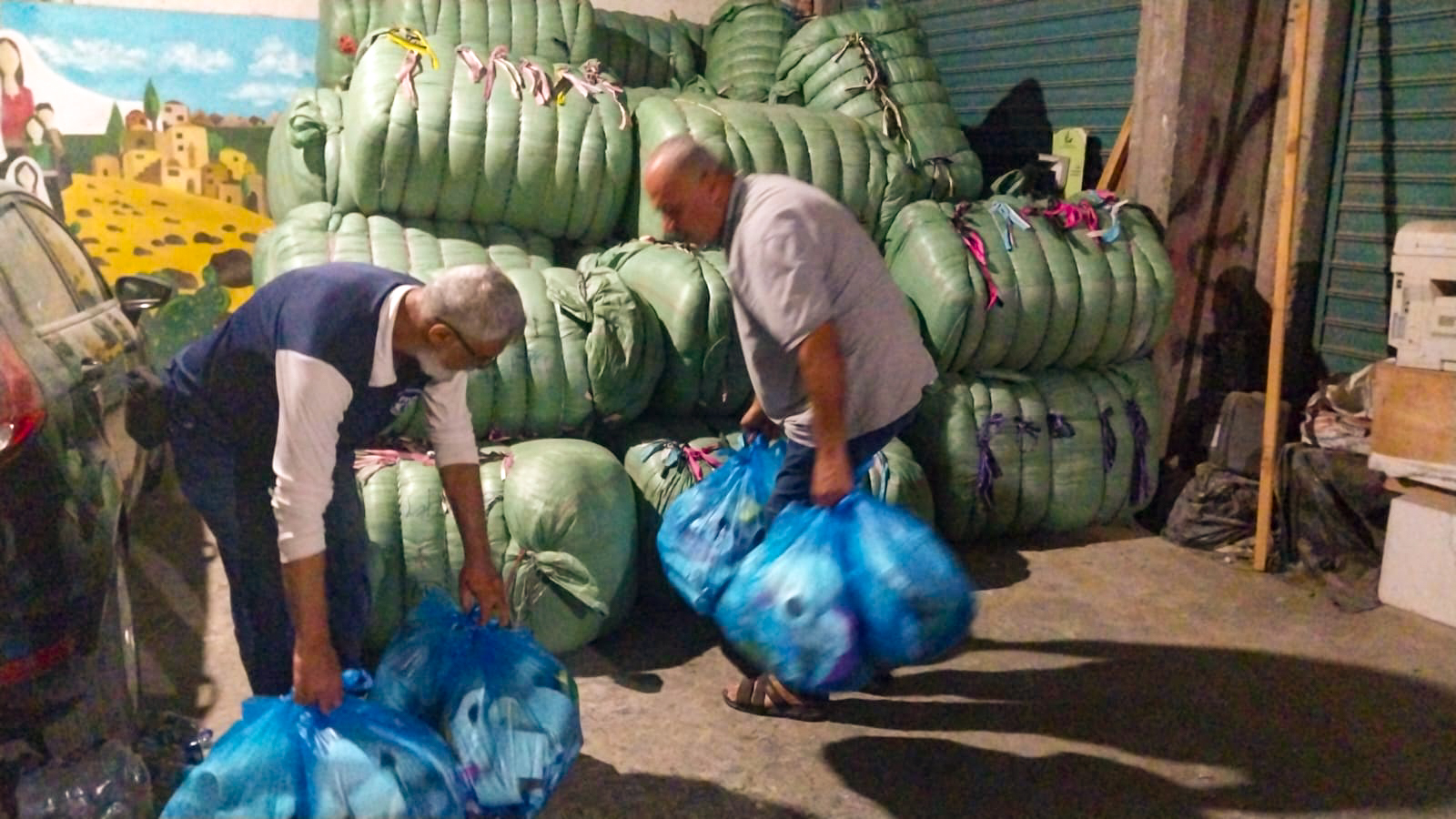Israeli forces are striking Khan Younis in southern Gaza – where they told Palestinians from the north to move if they wanted to stay safe – and are threatening to expand their operations after a temporary truce ends. That will put dear friends of mine at risk of their lives.
Around this time last year I was in Khan Younis, sitting with Cafod’s local partners, people to whom I have become very close. (I am not naming their organisation, because it is better for them to keep a low profile.) As always, they were astonishingly cheerful, despite having just come through another crisis: Covid. They were even seeing the positive side of the pandemic, which forced everyone to develop a more healthy lifestyle, and explore new ways of thinking and working. Now that things were opening up again, you’d see people walking, jogging and cycling like never before.
The conversation turned towards what they themselves have been trying to do. It started more than 30 years ago, with five women getting together with a vision of giving hope to people – especially young people. Gaza, roughly the size of the Isle of Wight, is one of the world’s most densely crowded places, where something like three quarters of the population are under the age of 25.
Even in the 1990s it wasn’t easy for them to see any future for themselves. After 2007, when Hamas became established as the local governing authority and Israel responded by imposing closure on Gaza, life became ever more difficult. Since then, most young Gazans will never have left the Strip. Youth unemployment soared, leaving young people in despair, seeking dangerous, illegal routes out, or turning to violence.
Cafod’s partners offered hope and a way forward, through centres in which young men and women could come together in safety and on a basis of equality. They could talk freely about their concerns, learn new skills and build up their confidence. In the centre where we were meeting, I saw a constant happy bustle of activity everywhere.
In one room there were psychosocial support sessions, in another people were preparing food, doing art and craftwork, or producing and broadcasting radio programmes. The centre’s hub for young digital entrepreneurs had been damaged during a recent nearby airstrike, leaving gaping cracks in the walls and leaks in the roof. Instead of paying a contractor for repairs, the centre asked some of their young engineers what they would do. They not only came up with the idea of putting a canopy over the roof and reinforcing the structure, they did it themselves, cutting the cost sharply and adding an extra floor.
During the pandemic, Cafod supported a project which sent young leaders to survey the economic impact on families, and find ways to help them. Among those they contacted was Ibrahim, who told me his story. The father of eight children, the eldest 26, he used to be a tomato farmer, but couldn’t get any local government help to keep him afloat. He went to the mosque, but they could only give him some vouchers.
Ibrahim decided to become a confectioner instead, with some help from his family, and since 2012 had built up a loyal customer base prepared to pay a bit more for high quality, home-made sweets and pastries. But the lockdowns brought his business close to collapse before the young leaders’ survey found that some specialist equipment could make the difference. Cafod provided the funds, which gave him what he needed to pull through.
But all the work of the centres that I saw a year ago, all the gains they have made, are now being blown apart. Some of our partner organisations’ staff and families are among the thousands killed in the worst violence Israel and Gaza have suffered in decades. Yet our partners, embedded in their community and well prepared for emergencies, have responded straight away to this most recent conflict.
The centres have been turned into shelters for the displaced, and those who have lost their homes. Cafod has sent in funds to help purchase essential items such as bedding and solar lanterns. Families have also been given cash to buy what they need.
Gazans have had to become resilient. Last year I learned that although the work of the centres is primarily aimed at the younger generation, older people are also enlisted to pass on cultural memories and traditional skills. A group of older women showed me how they baked bread using old-fashioned coal stoves. Now, because of power cuts, those stoves are being used to bake enough bread for all the people sheltering in the centres.
Elizabeth Funnell is Middle East Programmes Representative at Cafod.
Donate to Cafod’s Israeli-Palestinian Crisis Appeal



 Loading ...
Loading ...
What do you think?
You can post as a subscriber user ...
User comments (0)